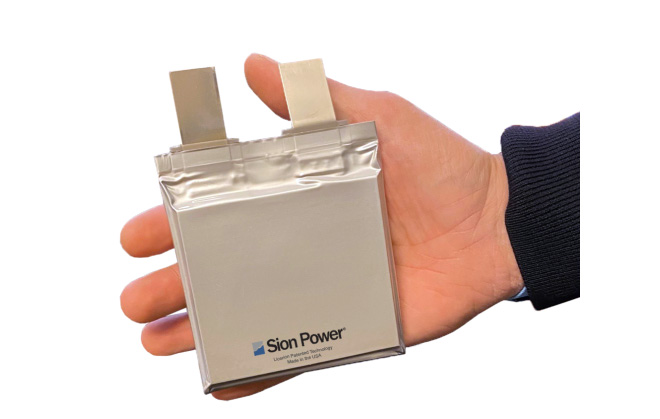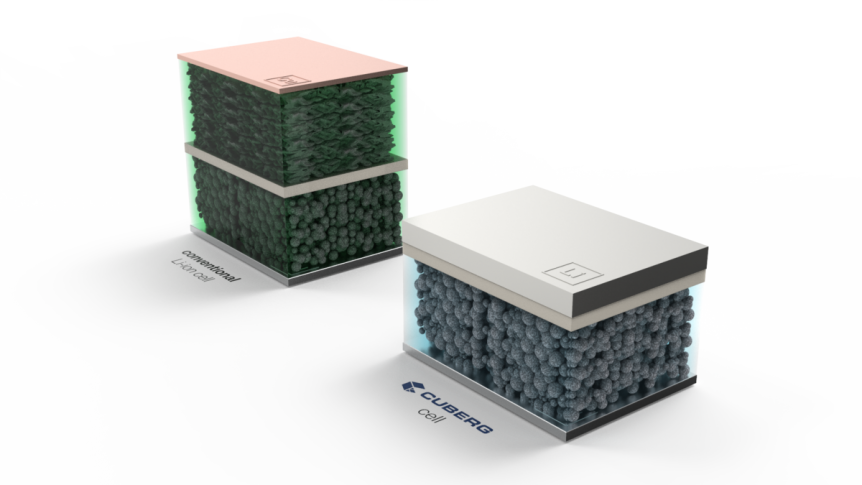Sion Power’s EV Battery 400 Watt-hours per kilogram is a long-awaited minimum expectation for what it will take to get electric aviation off the ground. Sion Power® of Tucson, Arizona will introduce its Licerion® 17 Amp-hour pouch cells at the Battery Show North America in September – claiming to fulfill that expectation. The large-format pouch cells come in a compact 810 Watt-hours per liter size, last over 800 cycles and can be charged to 80-percent of their rated capacity in 15 minutes, according to Sion. Sion Power is shifting from its lithium-sulfur chemistry to lithium-metal technology. Their Li-S cells powered Airbus’ Zephyr® 7 HAPS (High Altitude Pseudo Satellite) to a record for continuous flight. According to Tucson Tech, “In 2014, lithium-sulfur batteries custom-made by Sion helped power Airbus’ Zephyr 7 solar-electric unmanned plane to fly for 11 days on sun power during the day and battery power at night.” From Lithium-Sulfur to Licerion® In a paper on the subject, Sion …
Stable Nickel-rich Cathodes in Lithium Metal Batteries
A battery with 560 Watt-hours per kilogram, a stable long life, and no fires. What’s not to like? Researchers at Helmholtz Institute Ulm (HIU), founded by the Karlsruhe Institute of Technology (KIT) in cooperation with the University of Ulm, have come up with a dual anion, nickel-rich cathode, lithium-metal battery that, although in early stages of development, may point a way forward. Academic journal Joule reports, “High-energy batteries, in particular lithium batteries, are the key to achieve carbon-neutral mobility…. However, it is foreseen that a fully electrified mobility and transportation can only be achieved by the development of batteries employing lithium metal as the negative electrode (anode) while still granting long-term cycling performance and safety.” Safety may be the deciding factor here, especially in electric aircraft. Coupling the lithium metal anode with a nickel rich cathode seems to pay off for the researchers. Along with the dual anion liquid electrolytes, they’ve managed to keep things stable and performing well. Considering …


